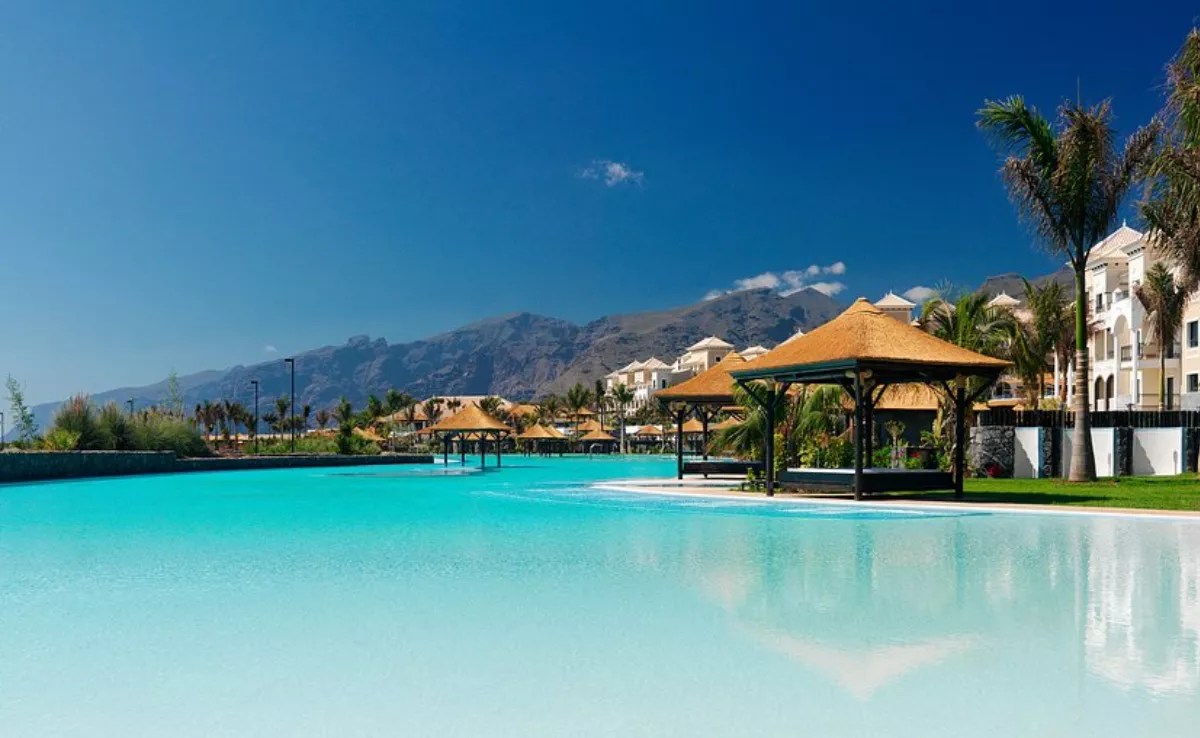Coalición Canaria and the Partido Popular have turned around their stance on taxes, moving from advocating for their reduction and even elimination, to introducing a new one on the island of Tenerife.
Both parties, who are partners in the Government of the Canary Islands as well as in various administrations across the archipelago, have repeatedly rejected the implementation of a tourist tax that would levy overnight stays in hotels on the islands, insisting that the revenue be earmarked for pre-established objectives, such as the protection of the natural spaces of the Canary Islands. Among the arguments put forward to dismiss the so-called tourist tax (which is already applied in other regions such as the Balearics) is that they do not want to “plunder the Canarians” or that it would be impossible for it to be “earmarked”.
Both parties have also advocated reducing taxes, specifically the IGIC, as flagship measures in their electoral programme. However, after more than two years of governing together, this reduction has yet to materialise and, in fact, the IGIC has even increased in some tiers.
However, none of these objections have been taken into account in creating a new tax on the island of Tenerife. This Wednesday, the president of the Insular Cabildo, Rosa Dávila (CC), announced that a new levy will be imposed on all drivers (excluding those of freight and professionals) on the island by the end of the year.
Under the name of forest penny, this is a tax on fuels that, according to the Cabildo, will be used to protect the natural spaces of the island (aimed at forest monitoring, restoring degraded areas, and preventing desertification). In other words, it is an earmarked tax, contradicting the claims made by the Canary Islands Government, and by CC and PP, that such a tax cannot be established.
The measure will soon be approved in a full session of the Cabildo and the aim, according to Dávila, is to “penalise” the use of private vehicles, as Tenerife has one of the highest car ownership rates in the world, with over 800 cars per 1,000 inhabitants.
She indicated that this measure, included in the 2025 regional budgets and which will also be taken up by the Gran Canaria Cabildo, is part of a “model shift” promoted by the Cabildo to encourage more sustainable mobility through public transport.
“Tenerife has nearly 1,000 square kilometres of protected land. It is not enough to say we protect them. We must take action on the ground and ensure they have real resources for their maintenance, recovery, and monitoring,” she stated.
Both Dávila (CC) and the Minister of Culture, José Carlos Acha (PP), clarified that there has been “no problem” between the two parties in approving the measure, apart from the fact that it was pushed through the regional accounts by the Minister of Finance, Matilde Asián (PP), who is a strong opponent of implementing an earmarked tax on tourist overnight stays. Furthermore, the proposal by Asián was rejected by the councils of La Gomera, Lanzarote, and Fuerteventura.
“No one has wrinkled their nose,” she emphasised, expressing confidence that it will help tackle the “madness” of cars in Tenerife and that it is an “environmental, not revenue-raising” tool. “We have all defended it as part of the government group,” she added.
















